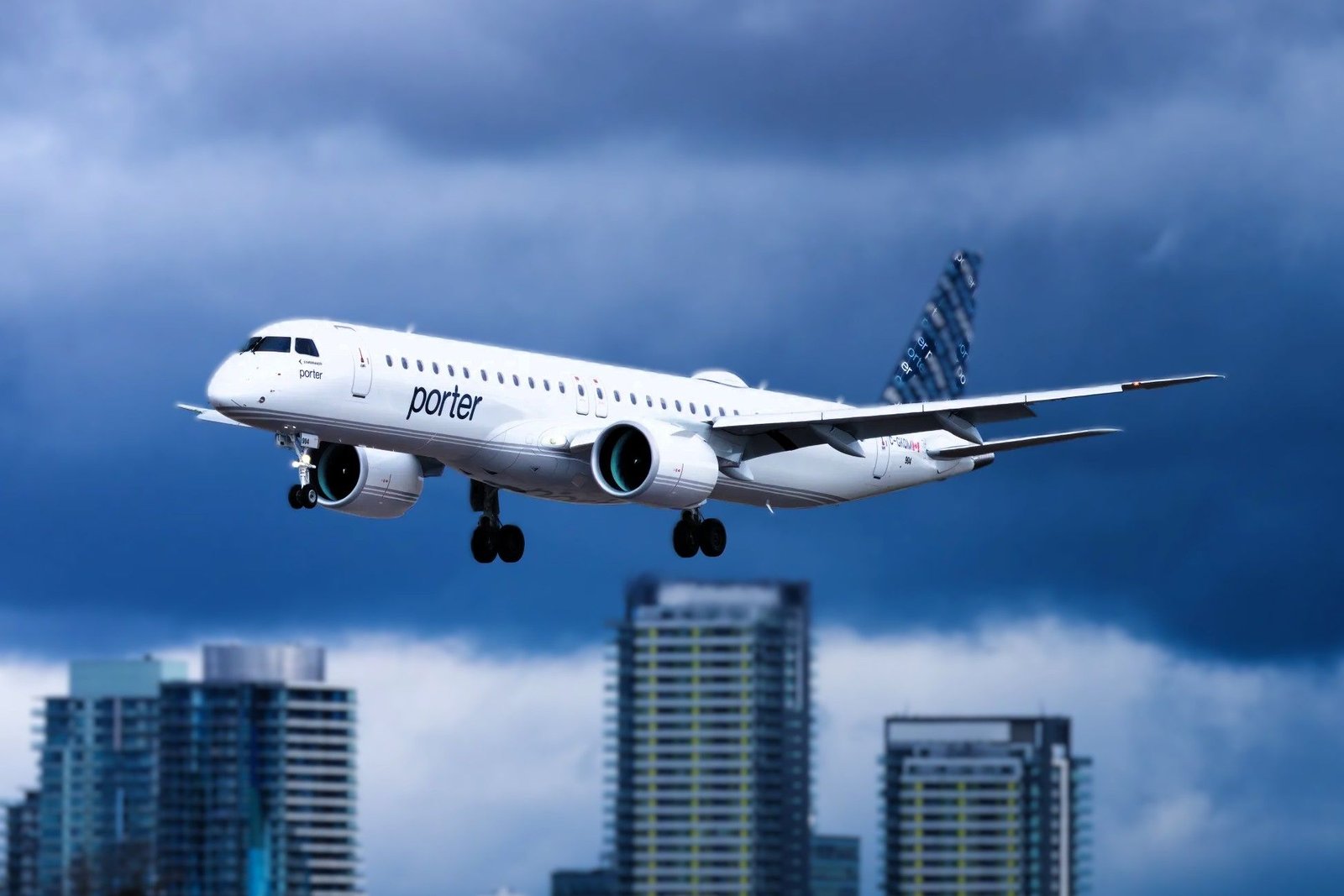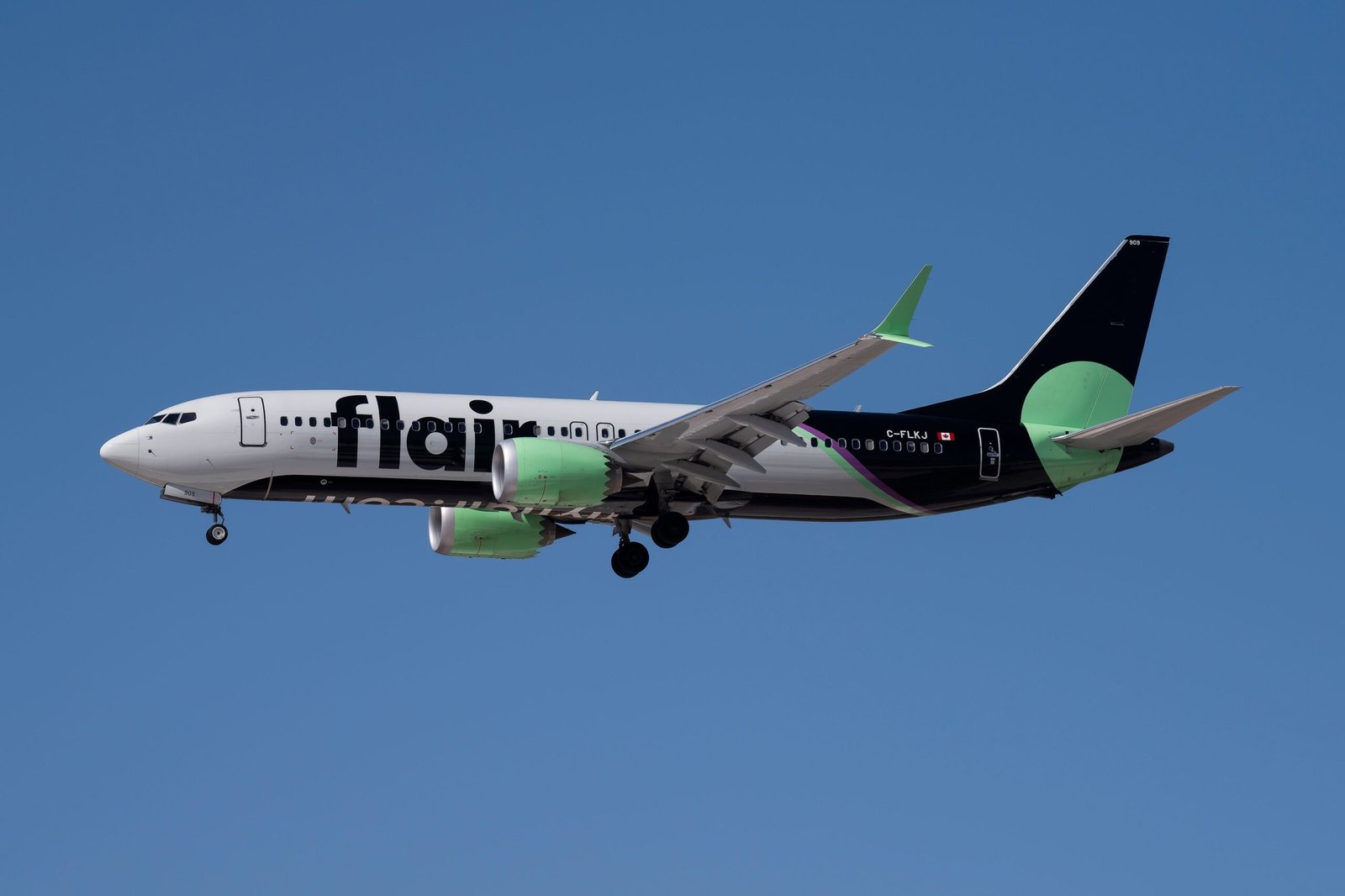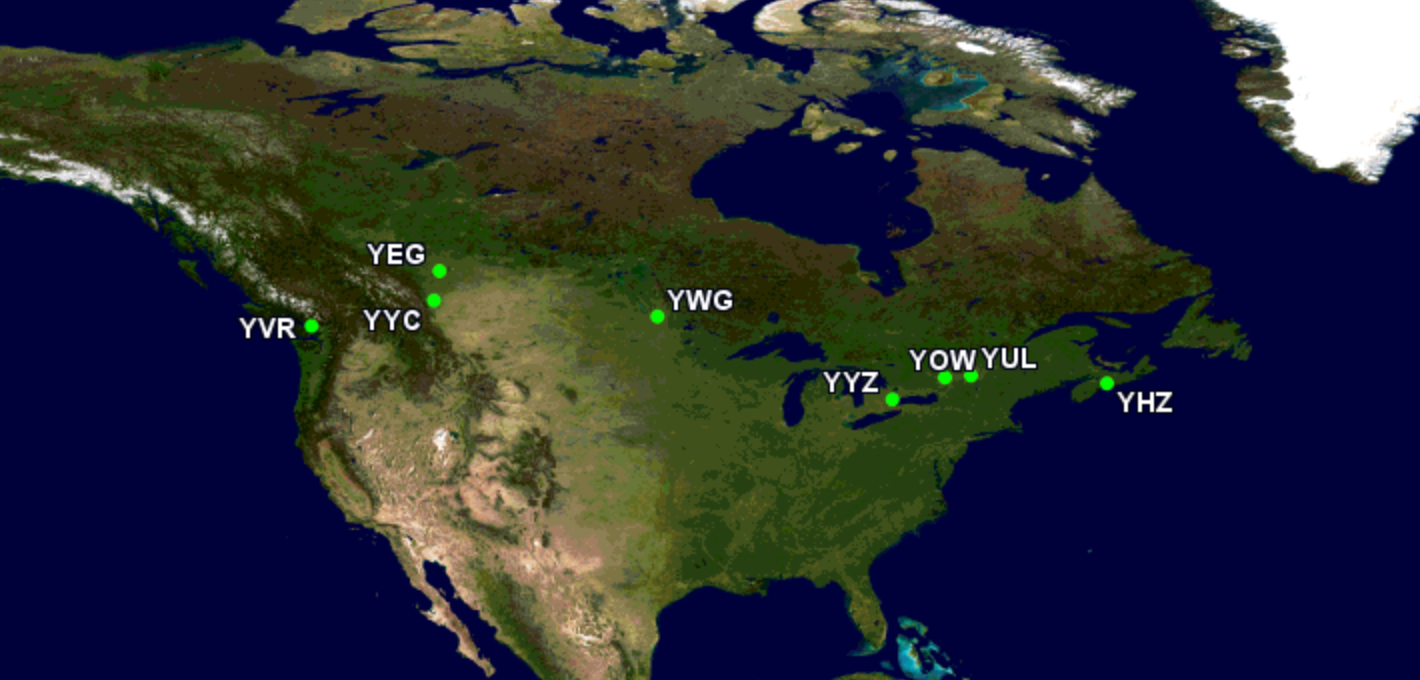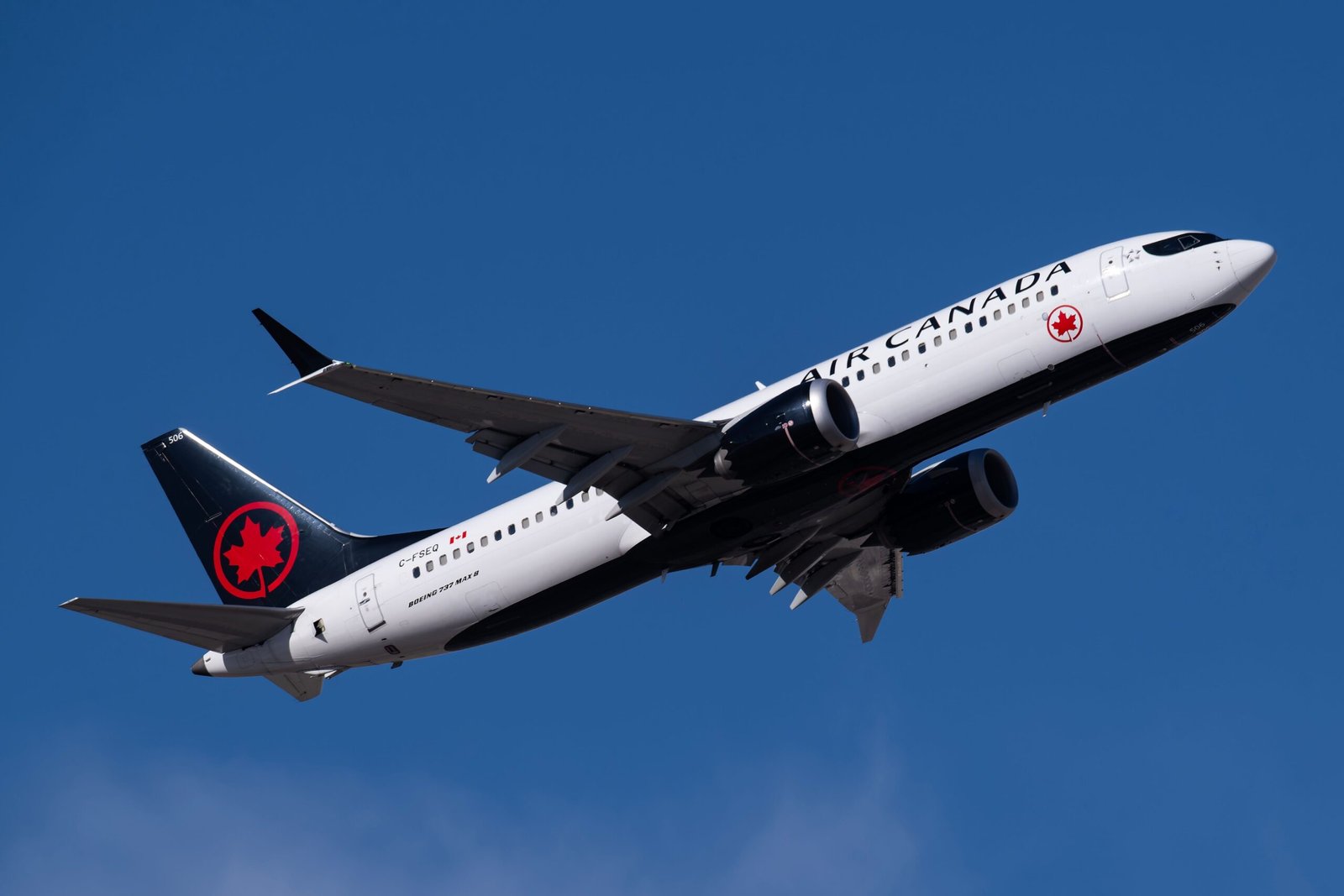Canada’s Authorities Slam Country’s Airline Duopoly
The Canadian government has issued its market study report about the state of the airline industry in Canada, outlining that increased competition would improve affordability, service, and choice for Canadian consumers.
According to the report, despite the recent entry and expansion of new airlines, the domestic market is highly concentrated, resulting in fragile competition from other carriers. Together, Air Canada and WestJet account for around 50% to 75% of all domestic passenger traffic at major airports across the country, the report outlined.
Right Policy Changes Resulting In A More Competitive Environment

On June 19, the Canadian Competition Bureau issued its ‘Cleared for take-off: Elevating airline competition’ report after it began examining the state of the Canadian airline industry on July 29, 2024. During that time, Lynx Air, a Canadian low-cost carrier, ceased flying on February 26.
The Bureau summarized that for Canadians, the cost of flying is a major concern, and for many, particularly those living in the remote north, air travel is a necessity. The study found that despite recent new entrants, and the expansion of incumbents, Air Canada and WestJet account for between 50% and 75% of domestic passenger traffic at Canada's busiest airports. Matthew Boswell, the Commissioner of Competition, stated:
“With the right policy changes, governments can create the conditions for new airlines to grow and compete – and give Canadians access to more affordable, reliable options for flights. With this report, we have identified concrete actions that governments can take to achieve these goals.”
Concentrated Airline Industry In Canada

According to the Competition Bureau, in Canada, a few major carriers serve most passengers, concluding that Canada’s domestic airline passenger market is concentrated. This means that there are a few large airlines which face less pressure to offer passengers better pricing since travelers do not have many alternatives.
“At Canada’s eight busiest airports, in 2023, Air Canada and WestJet accounted for half to three-quarters of all domestic passengers combined (56% to 78%),” the Bureau said. Its data showed that out of the eight major airports in Canada, the highest non-Air Canada or WestJet domestic passenger market share was Porter Airlines’ 30% at Ottawa International Airport (YOW). Flair Airlines’ highest market share was 18% at Edmonton International Airport (YEG), with other airlines accounting for no more than 17% of the domestic passenger market share at each of the airports, as displayed below.

The study, which can be read here, concluded that, despite the challenges, the Canadian airline industry is showing encouraging signs. Still, the Bureau issued 10 recommendations, including raising the single-investor foreign ownership limit to 49% and allowing up to 100% foreign ownership for domestic-only Canadian carriers. The Bureau argued that both measures would drive more capital into the country’s airline industry, thereby promoting competition.
Air Canada And WestJet’s Response

Meanwhile, Air Canada and WestJet have directly and indirectly addressed concerns about airline competition in Canada. The former, shortly after the Bureau issued its report, responded with a myth-busting statement titled ‘Myths and Facts on the Canadian Domestic Competitive Landscape.’
Air Canada argued that while it is supportive of initiatives to strengthen the Canadian airline industry, it does not think that there is a lack of competition in the country, labeling it a myth. In fact, according to the airline, Canadians have a greater choice than ever on most of the routes they travel on. At the same time, its data showed that 44% of domestic passengers had a single airline option on a route, while 30% had two carriers to choose from when flying.
WestJet has had a different approach. Alexis von Hoensbroech, the Chief Executive Officer (CEO) of WestJet, in which Delta Air Lines and Korean Air acquired 15% and 10% stakes, respectively, in May, has called for the government to reduce its controlled charges, fees, and taxes in several public appearances (Air Canada has also said that lower taxes would stimulate air travel demand). For example, during an appearance on CBC News Network (CBCNN), Hoensbroech said that Canadian officials have treated other transportation infrastructure as a necessity, yet when it comes to airports, it is seen as a “business,” with WestJet’s chief executive estimating that if all fees were halved, this would stimulate another 20 million trips in Canada.